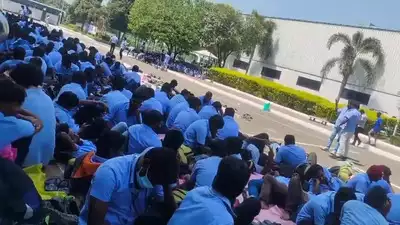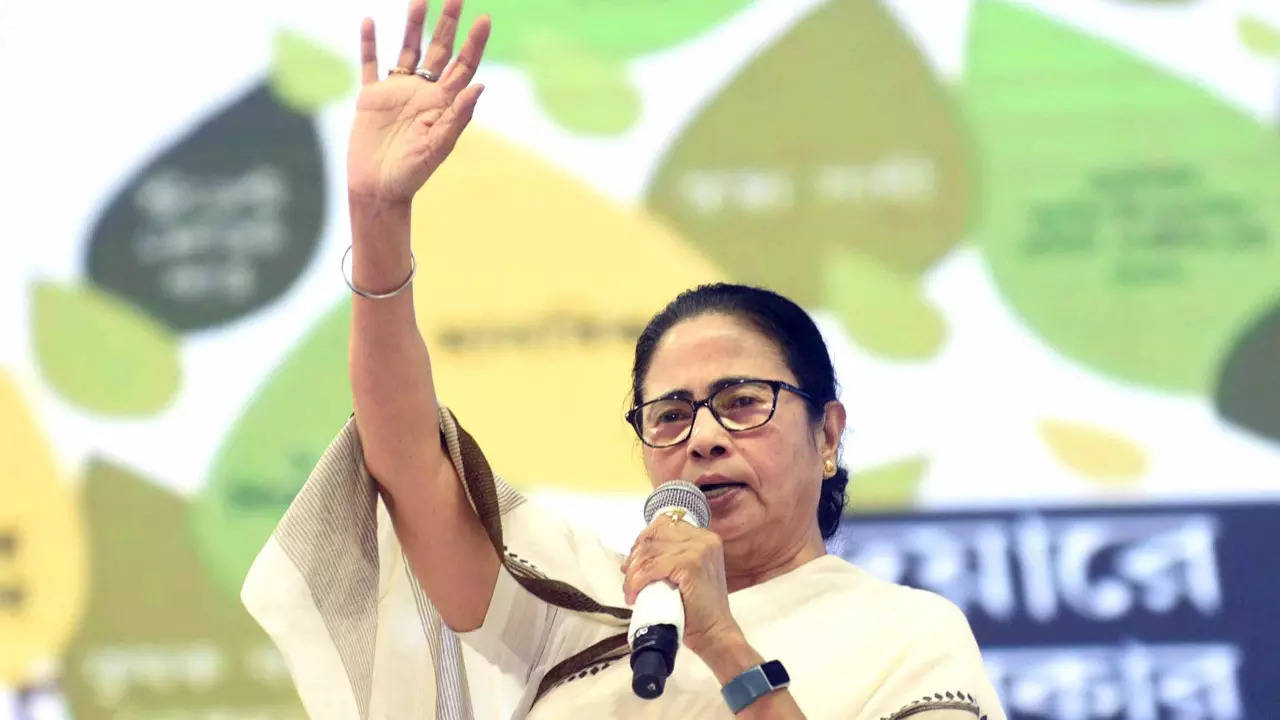NEW DELHI: India needs to recalibrate its response to the price situation following disruptions in global supply chains on account of Russia-Ukraine war, as losing the battle against inflation neither serves the government nor the central bank, former RBI governor Raghuram Rajan said.
Known for his frank views, Rajan further said it is very important for any central bank to respect its mandate given to it by the government.
“The central bank has a mandate, which has served it well, in the sense of allowing it to react to some of the concerns during the pandemic, without raising rates, having moderate inflation,” he said in an interview to CNBC-TV18.
The RBI has a mandate to keep inflation target of 4 per cent with a +/-2 per cent tolerance band.
“And like every other central bank, as we come out of it and face new challenges, we have to recalibrate and ask whether the old playbook sort of still holds,” Rajan said,adding that he thinks that’s extremely important.
The eminent economist said, “Because otherwise, if you lose the battle against inflation, it serves neither the government nor the RBI.”
The retail inflation rate breached the 6 per cent upper tolerance limit of the RBI for the first time in seven months in January, while the wholesale-price index stayed in double-digits for the 10th month in a row.
To a question on whether current inflation is a temporary blip, Rajan said this (inflation) is coming on top of an already high level of inflation in many parts of the world.
“So when you add the additional effects of war, it gives greater weight to inflation,” he said.
According to Rajan, inflation was already becoming more persistent certainly in the United States but also in Europe and with the additional boost to inflation from the war and from the shortages of commodities etc.
The Reserve Bank of India (RBI) on February 10, had lowered the inflation outlook to 4.5 per cent for the next fiscal, from 5.3 per cent in the current year, on the assumption of a normal monsoon during the year.
Asked whether he is worried about the India growth story, he said India benefited from the low crude prices from 2014 onwards and now it is payback time.
“The reality is that our growth performance has been poor for quite some time. The government keeps throwing this that against it, but we haven’t really had a strong recovery, ever since the 2016 demonetization,” Rajan noted.
Asia’s third-largest economy is projected to grow 8.9 per cent in the fiscal year ending March 31, slower than previously anticipated 9.2 per cent, according to the recent government data.
Asked should India worry about high fiscal and current account deficit, the eminent economist said he thinks both are a concern.
“So the three sort of problems – inflation, current account deficit and fiscal deficit. So this is a time of extremely careful management, we do need to manage,” he opined.
Rajan, currently a professor at the University of Chicago Booth School of Business, suggested that it is a time when certainly India should re-energise some of the asset sales that don’t show up in the budget, but is something that would help if done carefully.











